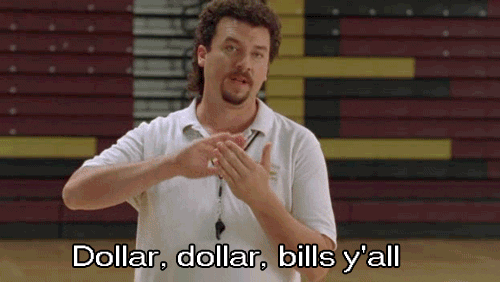Like many people, I had a pretty messy coming out experience. My sexuality was the sort of thing I’d always wondered about, but it really wasn't fully realized in my day-to-day life. I claimed hardcore ally status as a way of being a part of a community I felt desperate to connect with, but it took some time — and a relationship with an out girl — for me to tell anyone what was really happening in my head.
My coming out experience was made a little easier by the designated spaces for LGBT students on my university’s campus. If nothing else, I knew there was somewhere I could go and be a more authentic version of myself.
But what made it harder was that there were pretty much never people who looked like me in these spaces. Nine times out of ten, everyone was white.
Race, like sexuality and gender, is one of those things that many people wish wasn’t an issue. It’s uncomfortable to talk about, and hard to talk about, too. But it matters because it shapes the way that we live our lives. Even though I’d love to act like all queer people are great at issues and we all are just one happy community, this isn’t always the case. The same issues with privilege that exist in "straight" spaces exist in LGBT ones.
It was really isolating for me to enter queer spaces during my time as an undergrad and be the only person of color. I didn’t always feel a strong sense of community with other LGBT people, and it made me feel limited, both in friendships and relationships. How could I connect with people who didn’t even seem to understand that racism in queer spaces is totally alive and well?
One moment that stands out is when I was hanging out with a black friend of mine, and we stumbled upon a white girl I knew from the LGBT student center. The white girl immediately began talking to my black friend, and I assumed they just knew each other already. However, when my friend and I walked away, she told me she’d never met that girl. It became clear that the white girl was mixing up my friend and another black person she’d met — a common microaggression for people of color.
When it comes to community, it’s the little things that matter. Like, if a racist microaggression happened, I didn’t have another person of color to make eye contact with. Often, no one said anything at all. I was alone in my discomfort, and it sucked to feel so lonely in a room of people I was supposed to feel safe with.
I tried to find this sort of community in the spaces designated for people of color, but there were issues there, too. The same sexism and homophobia that exists in society at large existed in POC spaces, just as the same sexism and racism that exists in society at large existed in queer spaces. It seemed like there was no space that was truly, totally safe and inclusive.
It felt like I just had too many identities to really find my place.
We’re finally having really important conversations about misogyny in LGBT spaces, which is awesome. More and more queer people are realizing that cis gay men tend to dominate the LGBT community in terms of who is most visible and whose issues we’re most concerned with. It’s so important that we recognize the variation and the diversity within our community, and I’m so relieved that we’re moving in that direction.
But we still have a lot of work to do. We have to talk about misogyny, but we have to talk about race, too — and we can’t stop there. We have to talk about disability, and class, and non-binary identities. We’ve got to listen to each other and uplift the voices that haven’t been heard.
If we don’t, we miss out on so many important issues we need to be talking about. We can’t just talk gay marriage and leave out the prison industrial complex, or the ability of undocumented queer people to get scholarships.
If we’re going call ourselves a community, we’ve got to start acting like one.


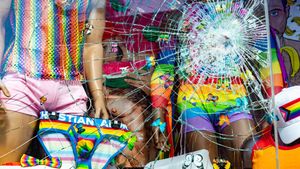

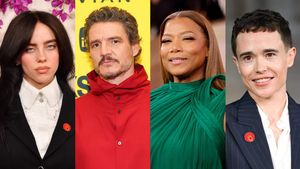

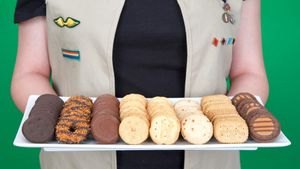
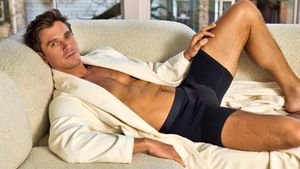


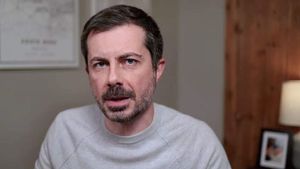


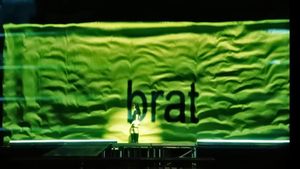

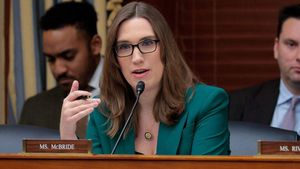
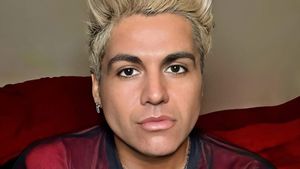
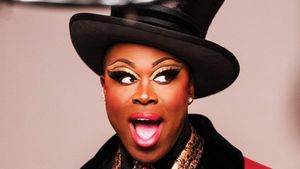

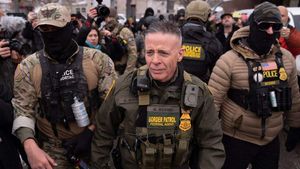




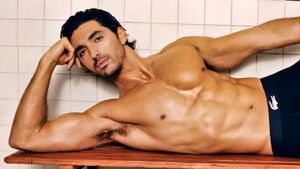
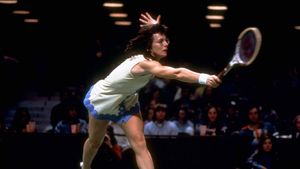



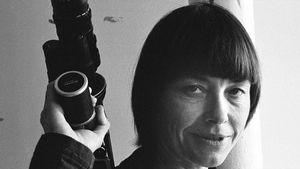


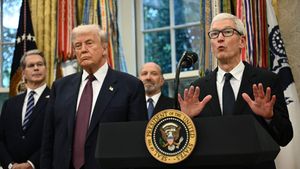


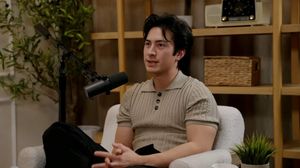

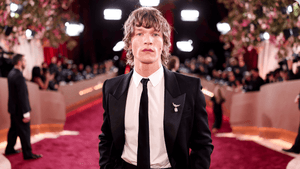
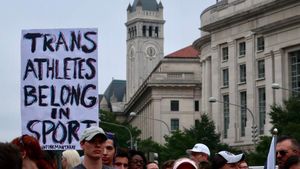
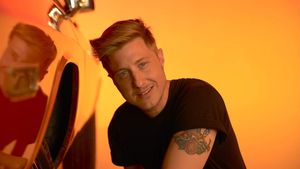
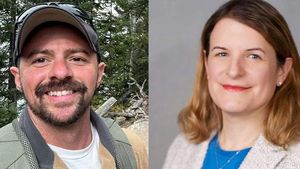



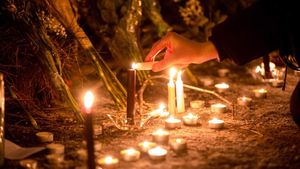

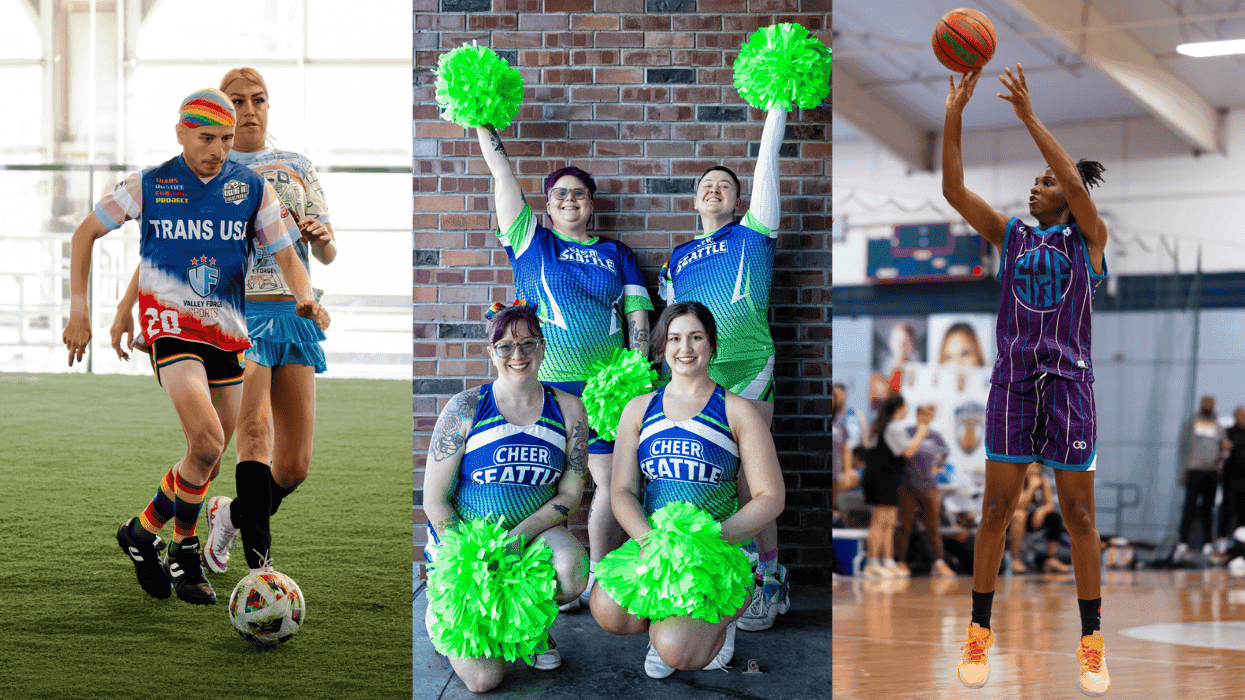
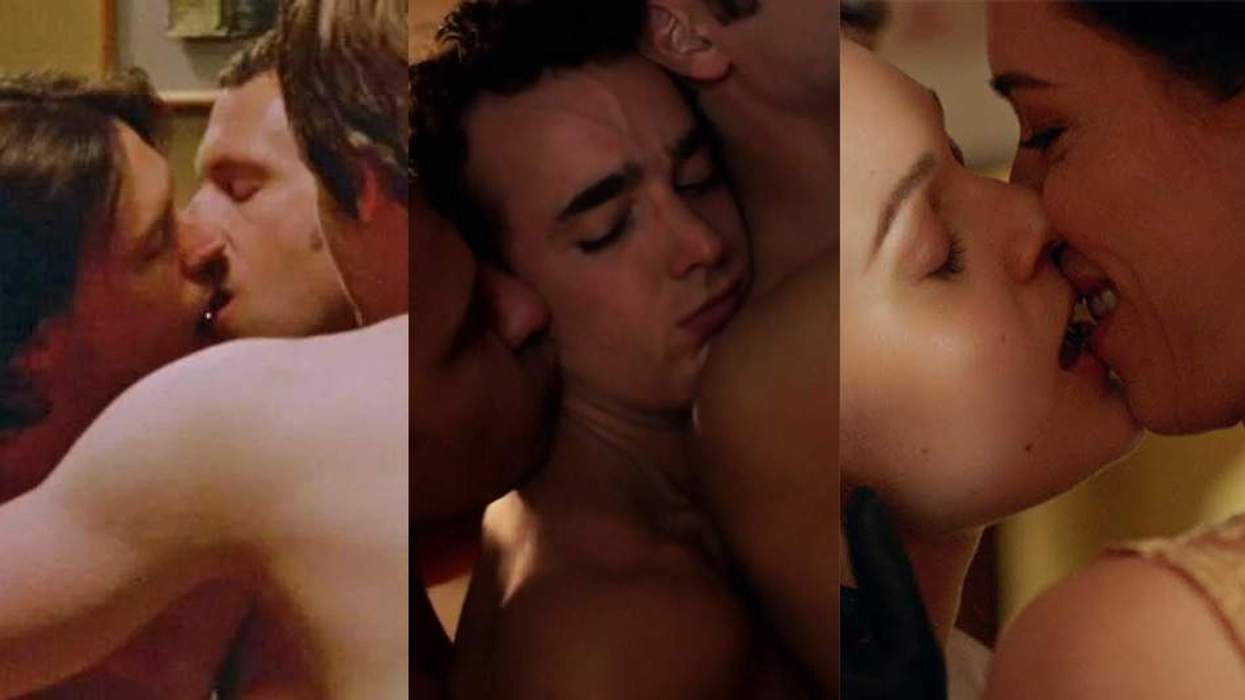
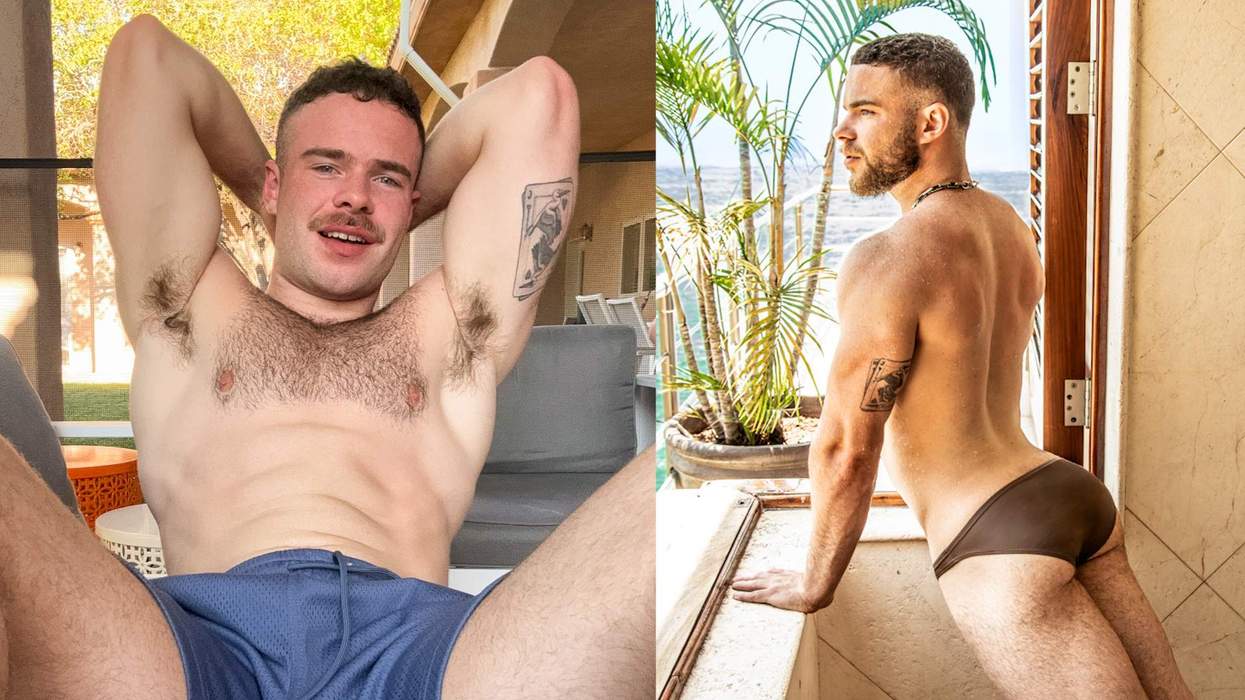
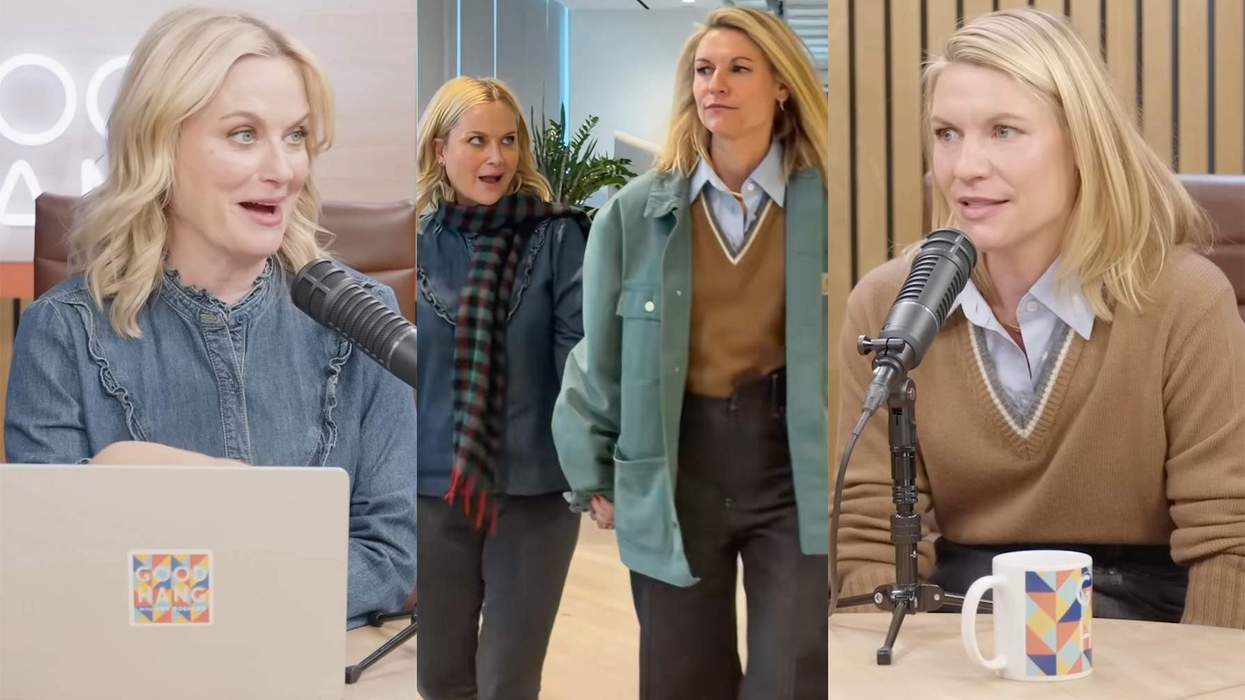










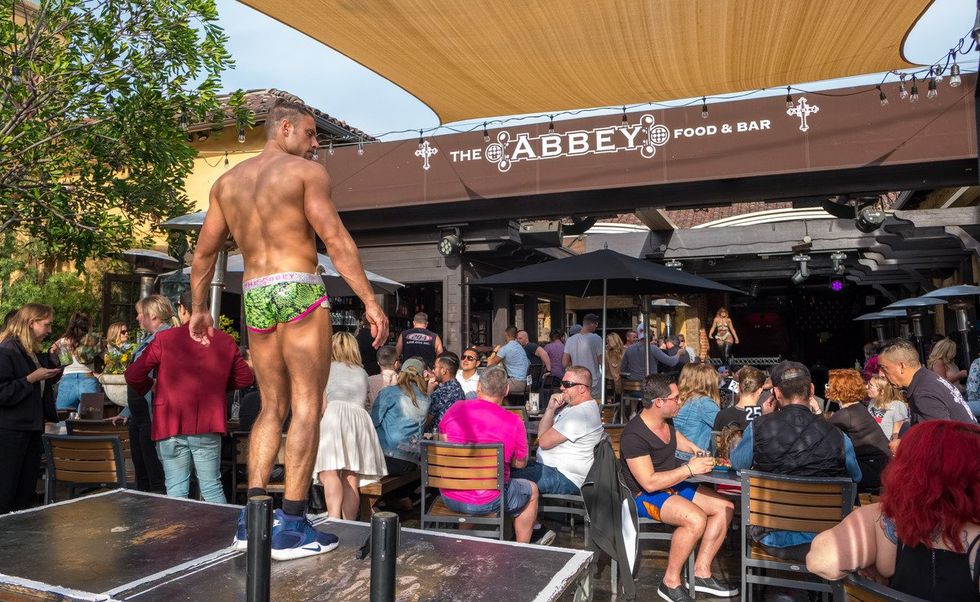
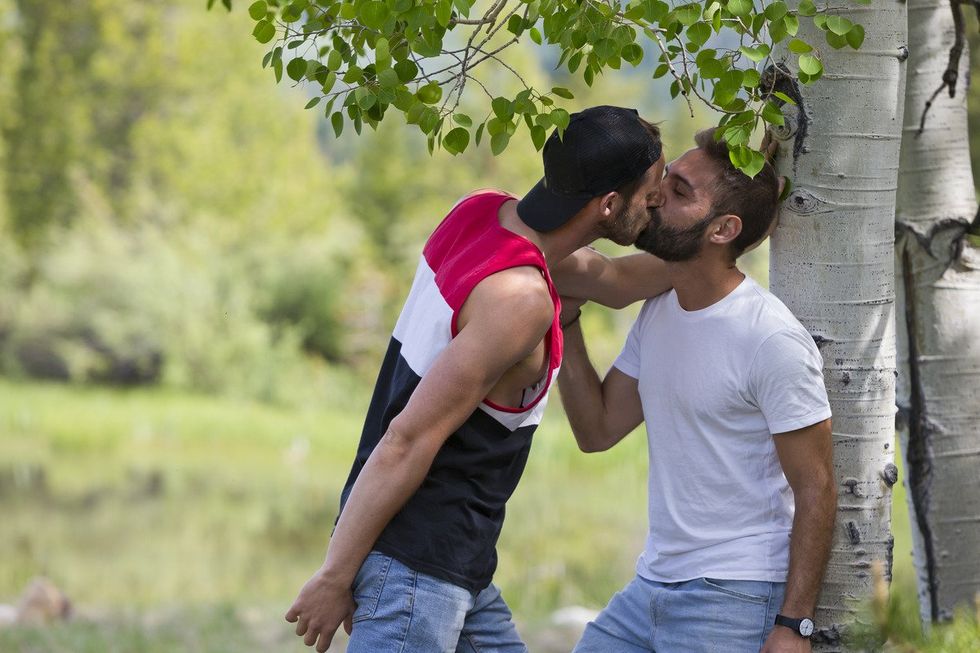


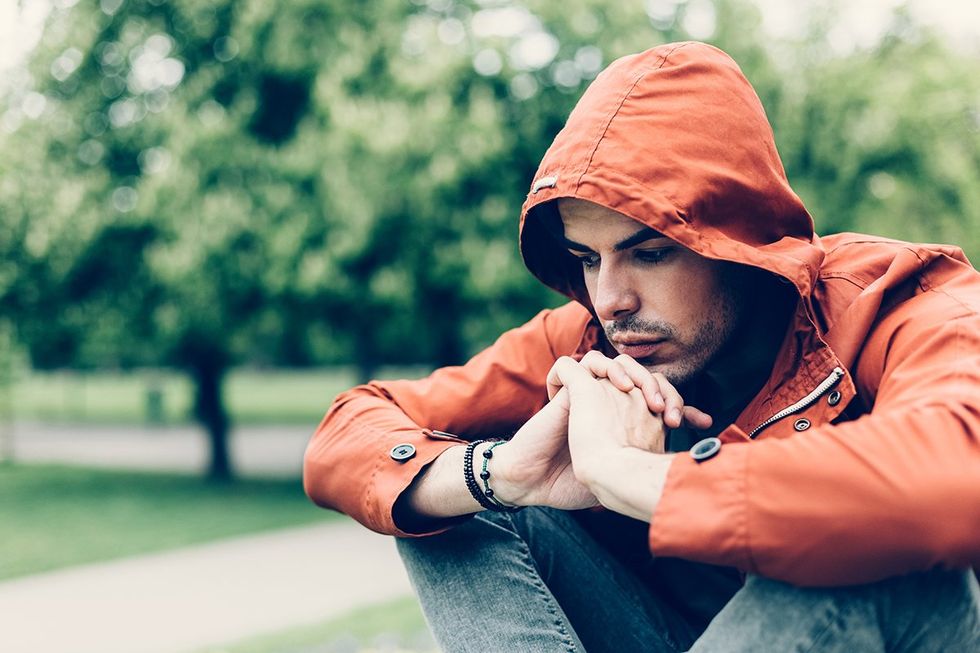

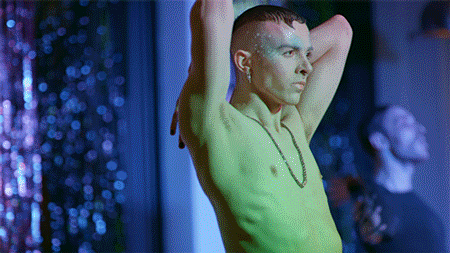 Strike A Pose Mic Drop GIF by FILMRISE - Find & Share on GIPHY
Strike A Pose Mic Drop GIF by FILMRISE - Find & Share on GIPHY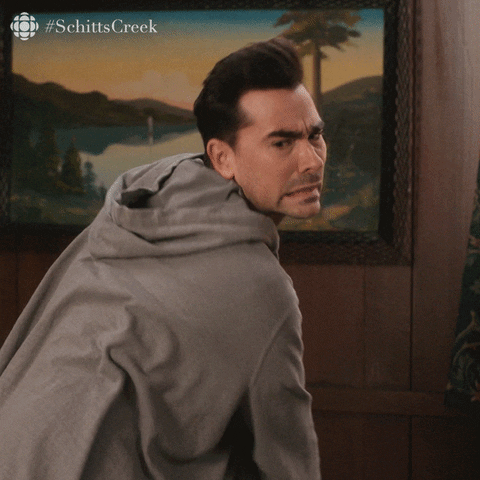 Schitts Creek No GIF by CBC - Find & Share on GIPHY
Schitts Creek No GIF by CBC - Find & Share on GIPHY